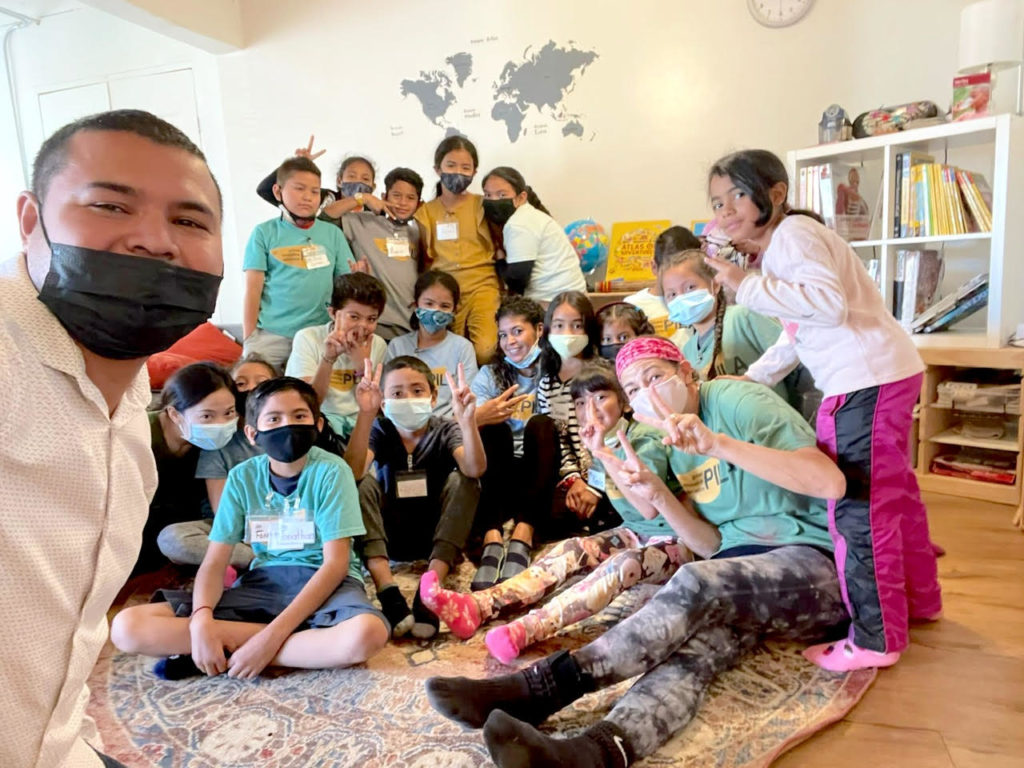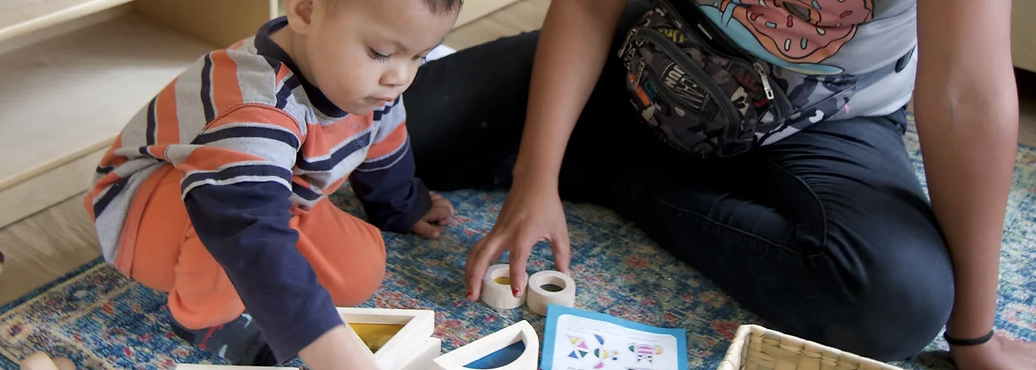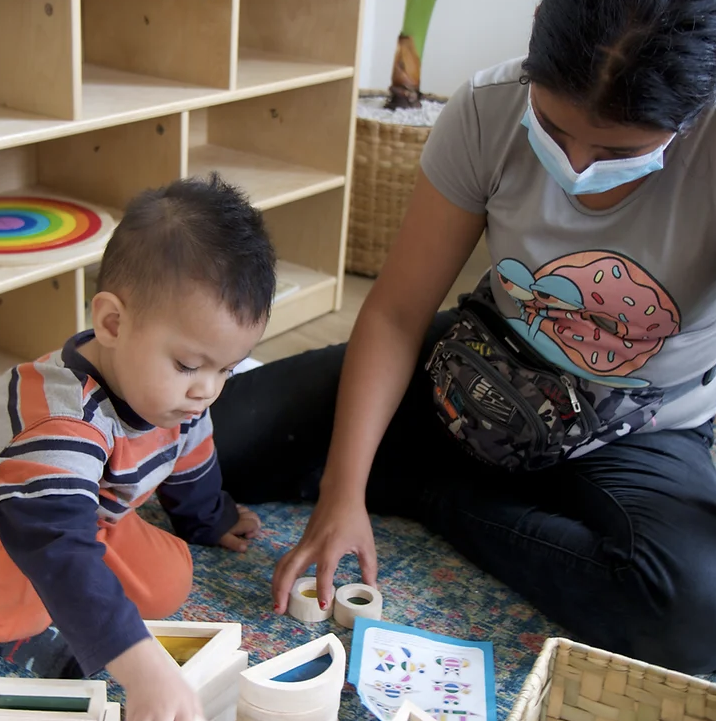Published: 01/12/2023
By Jamie Hansen, Global Health Communications Manager
The stresses and trauma of immigration and living in migrant camps can have lasting mental and physical health impacts on parents and their children.
Stanford pediatrician and Global Health Faculty Fellow Dr. Xin She has teamed up with the nonprofit PILAglobal to study the power of trauma-informed parenting classes in bolstering the mental and physical wellness of children and parents living in refugee camps.
“Parenting is difficult in any context, but the context of a camp brings additional stressors and trauma,” said Lindsay Weissert, CEO of PILAglobal. “These parenting classes are the most important program we offer, and we’re thrilled that Xin is working with us on data and evaluation to understand how programs like this might be implemented in camps and shelters around the world.”
Parenting is difficult in any context, but the context of a camp brings additional stressors and trauma.
Lindsay Weissert, PILAGlobal
The Los Angeles-based PILAglobal provides high-quality preschool education to children in refugee camps, offering beautiful spaces with caring instructors meant to spark joy, curiosity, and engagement in children. The nonprofit added a parenting program at their Tijuana site after realizing that parental involvement and support were critical to helping the children thrive in preschool.
The Tijuana Parenting Program, launched in 2020, provides a confidential and healing-centered space where parents connect with other caregivers while enhancing parenting skills. When the program launched virtually during the early days of the pandemic, “it took off like wildfire,” Weissert said. “Parents were eager to take advantage of their time in the camps to connect, play, and bond with their children.”
The workshop series, now offered in person, is informed by the latest scientific research on trauma, emotional regulation techniques, and nonviolent communication. The goal is to break cycles of past abuse and trauma and provide parents the support and space to build positive relationships with their children.

Dr. She first became involved when she learned about PILAglobal through the Stanford-based Families at the Border program, which brings doctors, students, and community organizations together to support migrant health at the US-Mexico border.
Dr. She, who had worked with migrants in Haiti and China, was very impressed by their work and decided to volunteer at the preschool in Tijuana. Seeing the impact the program was having on the refugee children moved her to tears.
“I fell in love with the kids and the teachers. I saw how much of a difference one could make,” she said.
“Parents in these situations often leave small towns with strong family systems to end up in a camp with many different cultures or languages. This lack of a support system to address their trauma and parenting concerns can add to their anxiety and depression,” Dr. She said. “Providing parenting and mental health support in a positive and nurturing way can be priceless in protecting against future stressors.”
Dr. She remained involved with PILAglobal and became interested in how to help the nonprofit demonstrate the visible impact of its programs in a more scientific way. She recently partnered with a Mexican psychology professor at the IBERO University to conduct a controlled evaluation study of the parenting program.
Providing parenting and mental health support in a positive and nurturing way can be priceless in protecting against future stressors.
Dr. Xin She
They hope to present the program’s beneficial outcomes in a statistically significant way that can provide a basis for expanding the work to migrant camps in other parts of the world. They are examining qualitative data gathered from parents about what they’ve learned and how it has impacted their parenting. They will present a poster based on their findings at the Consortium of Universities for Global Health Conference in April.
To learn more, visit PILAglobal.org.

